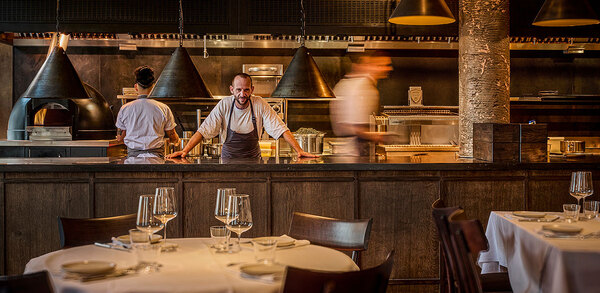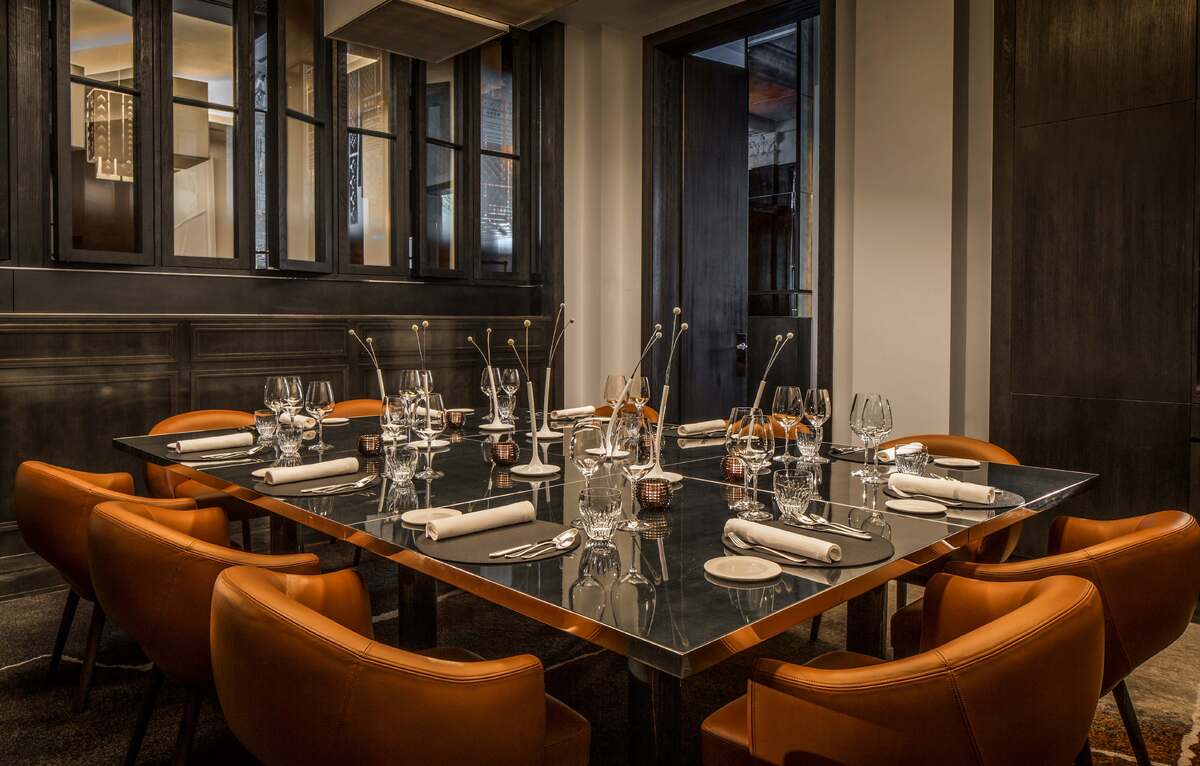‘It’s the wrong decision for business’: Hospitality criticises skilled worker visa crackdown
Government plans to hike the minimum salary requirement for a skilled worker visa have met with major backlash from the hospitality industry.
Operators have sounded a warning over the move to up the threshold from £26,200 to £38,700 next spring – an increase of almost 50%.
Home Secretary James Cleverly said the change would help curb net migration to the UK after it hit a record 745,000 in 2022, but hospitality businesses have warned a lack of staff could impact trading.
Around 95% of the 8,500 visas issued to skilled chefs and managers last year would fall short of the new salary threshold, UKHospitality has warned.
The government said specifics of the policy and how it will apply to those already in the UK when they come to renew visas will be set out in due course.
Operator concerns
Neil Burke, managing director at the Black Friar pub and restaurant in Salford, Manchester, has sponsored the visas of two chefs this year after struggling to recruit.
He said raising the salary threshold would mean it was only possible to hire overseas workers for senior management roles.
“We won’t be able to consider sponsored chefs in the future, that’s the problem,” he said.
“We would be able to sponsor management and senior positions but chefs…we wouldn’t be able to sponsor them, so it really cuts off the skilled workforce coming into the country.
“The other thing is we’re never in a shortage of management or people higher up, we’re never looking for that. It’s the people who are willing to get their hands dirty and roll up their sleeves that we’re short of in the country.”
Burke added: “I just think it’s a shame because all these hospitality businesses are going to suffer.”
Bob van den Oord, chief executive officer at the Langham Hospitality said at one point over 60 different nationalities worked at the five-AA-star Langham London hotel.
He warned the move was going to impact “every hospitality establishment in in the UK, without a doubt”.
“It was already hard to recruit, [the government has] just made it harder for us, and it is a popular decision with some of the [Conservative] party followers but it’s the wrong decision for business.
“At one point we had 60 different nationalities working here from around the world and Brexit has made it very hard for us to keep these people so this will only make it more difficult, and we need to get our head around that how best to go about [it].”
Kath Powell, head of international at hospitality recruitment agency Sixty Eight People, warned the changes could see businesses close due to staff shortages.
“There are still significant difficulties in finding and retaining skilled talent, especially in specialised roles where we are lacking chefs professionally trained through culinary schools in the UK,” said Powell.
“In 2021, many businesses were unable to operate seven days a week or operate at previous business levels due to shortage of skilled chefs in the UK. Although this problem has eased slightly, these changes will regrettably force some back to these measures which will lead, inevitably, to closures.”
A new immigration salary list will be brought in to replace the shortage occupation list, which currently does not feature chefs or hotel, restaurant, bar, and catering managers.
The policies will not be applied retrospectively, and the salary threshold will remain the same until immigration rules are amended next year.



















